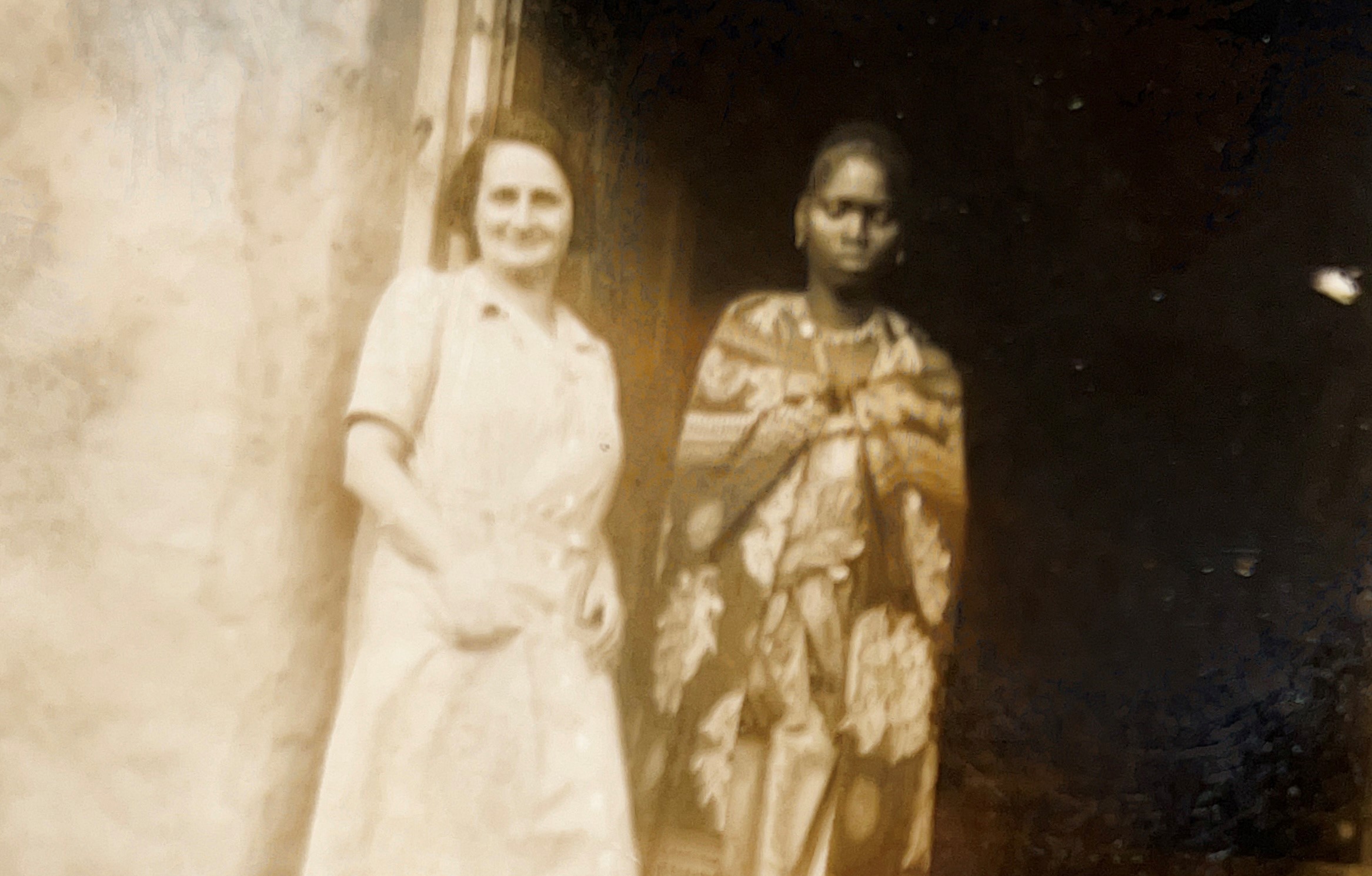
Community

Untold story of Eswatini’s German Jewish connection
Growing up in South Africa and Australia, “Swaziland (now Eswatini) was often mentioned in passing among family. It was a holiday spot for my parents that has always held a sense of familiarity and nostalgia for me although I only recently discovered why,” says Janine Schloss, whose research has uncovered a “hidden pocket of history” about German Jewish refugees fleeing Nazi persecution and landing up trapped but surviving in Swaziland for the entirety of the war.
“A number of years ago, when my aunt decided to record our family’s background and how we came to live in South Africa, I learnt that my two great aunts, who I’d never met, had lived in Swaziland throughout World War II as German Jewish refugees,” says Schloss. “I was intrigued by their story, especially why they didn’t come to South Africa when so many family members were there already. I decided to look for more details but couldn’t find any. I eventually shaped my thoughts into a research project focused on stories in the margins of the Shoah – the peripheries of war.”
Once these Jews were given sanctuary in Swaziland, “The outbreak of the war meant they were unable to go anywhere else until the war was over,” says Schloss. “For the first two years at least, many faced extreme hardships, poverty, and sickness, living in shanties and rondavels, without sources of income. A handful of extremely lucky Jews were sent money by relatives overseas, but most had no immediate source of income. Sickness and disease were also rampant such as malaria and smallpox. It was thanks to the support of the South African Jewish Board of Deputies (SAJBD) that the refugees eventually managed to find their feet.”
Schloss lives in Melbourne, where she’s completing a PhD in Jewish cultural practice through the Australian Centre for Jewish Civilisation at Monash University. Her family emigrated to Australia when she was eight. “I spent the first eight years of my life in Brakpan, which had a vibrant Jewish community at the time,” she says.
“The research process was incredibly slow for months simply because of the fact that there’s hardly anything in scholarship about this particular pocket of Jewish refugees,” says Schloss. “It took an incredible amount of digging and sleuthing to make headway. It wasn’t long until I realised that making a trip to South Africa and Eswatini would be the only way forward. I knew there had to be information boxed up in archives in both countries that would shed some light and close the many gaps I was faced with.
“I’ve been most fortunate to have been able to realise that path on a recent trip to the region, thanks to support from my university,” she says. “While there, I was also able to conduct oral interviews with as many people connected to this community as I could find. Unfortunately, many are no longer alive. Some are quite elderly, which added a sense of urgency to the completion of this project.”
In conducting her research, “I’ve not only learnt how fortunate this tiny pocket of Jews received permission to remain in the British Protectorate of Swaziland through the course of the war and beyond, I’ve also gained deeper insight to the plight of German Jews of South Africa and the perils this marginal group faced as a result of the Aliens Act, which was in place in South Africa from 1937 until the end of the war.
“I’ve discovered a few key people who were instrumental in helping these refugees in Swaziland,” she says. “So many countries had shut their doors tightly to Jews by the eve of the war in 1939, which is when this group arrived in Swaziland. I’ve also discovered that over time, the Jews of Swaziland contributed significantly, memorably, and positively to this tiny country.
“Though a large group of refugees left as soon as they were able to, this didn’t occur until the late 1940s and early 1950s,” she says. “Nevertheless, a proportion of Jews decided to make Swaziland their home for good, and remained there until their twilight years, many returning to Johannesburg only towards the end of their lives.”
Schloss says this history hasn’t yet been recorded “beyond my aunt’s account of her memories of Swaziland Jews. I hope to change that. I’ve spoken to African Jewish Congress spiritual leader and chief executive, Rabbi Moshe Silberhaft, as well as Yael Uzan-Tidhar, the head of the Jewish community in Eswatini, about what can be done to memorialise the Swaziland Jews of World War II.”
The reason this history is so unknown, Schloss says, is “because it’s a story set in the margins of the Shoah, and many of these stories have remained in the shadows. Yet they have so much to reveal about resistance, resilience, hope, and courage in the face of abject adversity. In this way, these stories shed light on the beating heart of the Jewish community.”
As for what she’ll do with her discoveries, she says, “There are two components of my research, which inform each other. I plan to write a collection of short stories based on the Swaziland Jews, using the facts I have gathered as well as the observational research and fieldwork I have conducted. Ultimately, I also intend to formulate a work of sorts that can serve as a historical reference for this pocket of history that has gone relatively unnoticed for the most part in the pages of Southern African Jewish history.”
If anyone has any connection to or memory of this specific group of German Jewish refugees or has any recollection of life in Swaziland during the 1940s and 1950s, “Please get in touch with me. I’d love to speak to you,” she says.
“I would like to thank the SAJBD for its help and continued support throughout my trip,” she says. “I wouldn’t have been able to do justice to my project without the opportunity to explore its incredible archives.”
- Contact Janine Schloss on schloss@monash.edu






